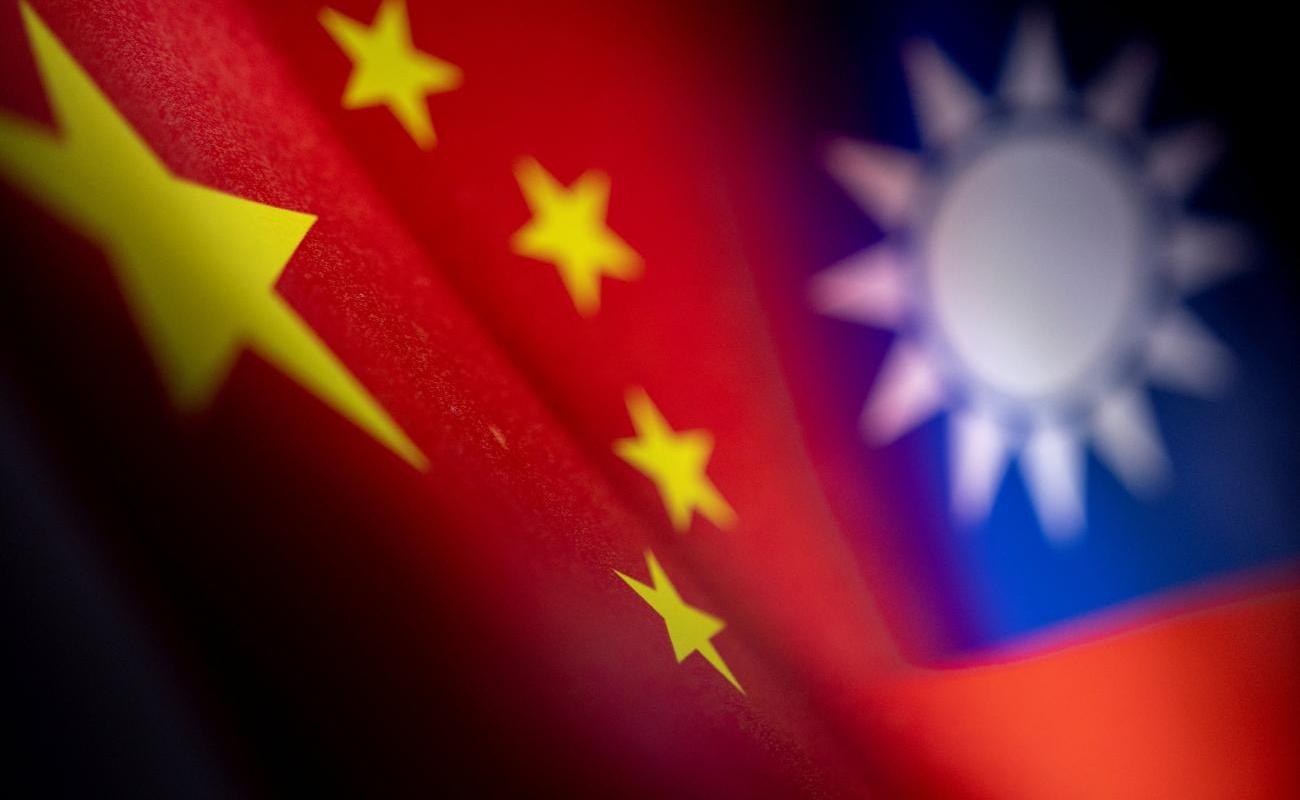10.06.2024. China suspends tariff concessions on 134 items under Taiwan trade deal
China will reinstate tariffs next month on 134 items it imports from Taiwan, after the Ministry of Finance said it would suspend concessions on the items under a trade deal because Taiwan had not reciprocated.
China, which claims democratically governed Taiwan as its own territory, has been ramping up its economic, political and military pressure against the island over the past four years.
China regards Taiwan President Lai Ching-te as a "separatist", holding
war games around the island last week to express its anger at what it Beijing viewed as a provocative inauguration speech.
The Cross-Strait Economic Cooperation Framework Agreement (ECFA) between China and Taiwan was initially signed in 2010 and Taiwanese officials had previously told Reuters that China was likely to pressure Lai by ending some of the preferential trading terms within it.
"The Taiwan region has unilaterally adopted discriminatory measures such as prohibiting and restricting the export of mainland products, which violates the provisions of the (agreement)," China's finance ministry said.
The suspension of the tariff concessions is due to take place from June 15, the ministry said, and would apply to products imported from Taiwan including base oils - used to manufacture other products such as lubricants.
Taiwan's presidential office said the move was "classic Chinese economic coercion" which would not help improve relations across the Taiwan Strait.
"China should abandon political intervention in the market and distorting the normal operation of the global economy with economic coercion," it said in a statement.
Taiwan's China policy-making Mainland Affairs Council said the ECFA deal had benefited both sides' companies since it was signed.
"We call on the mainland to deal with differences through constructive dialogue that does not involve political prerequisites, and stop economic and trade pressure," it said.
In late December, China scrapped tariff cuts on some 12 chemical products it imported from Taiwan - moves described by Taipei officials as an attempt to interfere in January's election, which Lai won.
Taiwan's government rejects Beijing's sovereignty claims.
Chen Binhua, spokesperson for China's Taiwan Affairs Office, said Taiwan had unilaterally adopted discriminatory trade restrictions on the export of more than 2,500 mainland products.
This violated the ECFA's provisions on reducing or abolishing tariffs, he said.
CONCLUSION
From the text, it is clearly visible the way in which China acts and what tools it is ready to use if it does not like political officials or their actions. Recently, China has organized a series of military exercises around Taiwan, and Chinese officials advocate the "One China" strategy, of which Taiwan is an integral part. All these activities support the claims that China is ready to return Taiwan to China by armed means.
But the second part of the text, in which China reacts to the presence of representatives from Japan at the inauguration of the newly appointed Taiwanese president, can also serve as a clear warning to officials from other countries (including the Western Balkans), what happens when the Chinese authorities do not like the way the officials of other countries act .
Such examples, in fact, best show how China sees a multipolar world, its geopolitical goal that is directed against the existing world order, but essentially directed against the West. Apart from the fact that he primarily sees allies for a multipolar world in autocratic states (such as China), moves such as protests and warnings to Japan primarily indicate that a multipolar world would essentially be a unipolar world, at the top of which would be China, which would not hesitate to use economic and other tools to punish states and officials who oppose Chinese domination in any way.

